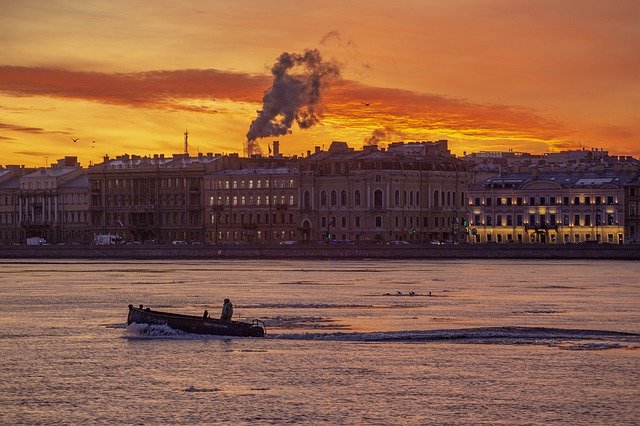
EEMEA | Global | Politics & Geopolitics

EEMEA | Global | Politics & Geopolitics
‘Positive shifts’ in talks between Russia and Ukraine did not stop more sanctions being imposed over the past week. The US, UK, and Australia have committed to tightening restrictions on Russian energy exports while the EU look likely to add a fourth round of sanctions. Outside of the EU-US Alliance, more countries are opting not to take unilateral action and to exclude important imports from Russia off the list. Here are the details:
Countries Within the EU-US Alliance
Countries within the EU-US alliance have looked to hinder the Central Bank of Russia, oligarchs, and PEPs from using international resources (Table 1).
This article is only available to Macro Hive subscribers. Sign-up to receive world-class macro analysis with a daily curated newsletter, podcast, original content from award-winning researchers, cross market strategy, equity insights, trade ideas, crypto flow frameworks, academic paper summaries, explanation and analysis of market-moving events, community investor chat room, and more.
‘Positive shifts’ in talks between Russia and Ukraine did not stop more sanctions being imposed over the past week. The US, UK, and Australia have committed to tightening restrictions on Russian energy exports while the EU look likely to add a fourth round of sanctions. Outside of the EU-US Alliance, more countries are opting not to take unilateral action and to exclude important imports from Russia off the list. Here are the details:
Countries within the EU-US alliance have looked to hinder the Central Bank of Russia, oligarchs, and PEPs from using international resources (Table 1). Here are the details:
Countries outside the EU-US alliance have been less willing to impose sanctions on Russia. Some prefer economic neutrality at this point. Here are the details:
Russia is retaliating with their own sanctions. Russia has banned the export of 200 goods and equipment but excluded energy from the list. One notable inclusion is timber, 10% of their production is exported. Meanwhile, they have eased reporting requirements for banks, which no longer must meet national standards or any additional disclosures on their websites. Last, Press Secretary Jen Psaki tweeted that Russia may consider seizing the assets of US and international companies that have announced plans to suspend operations in Russia or to withdraw from the Russian market.
Meanwhile, Ukraine has banned export of essential foods including wheat, buckwheat, meat, eggs, oil, and sugar.

Spring sale - Prime Membership only £3 for 3 months! Get trade ideas and macro insights now
Your subscription has been successfully canceled.
Discount Applied - Your subscription has now updated with Coupon and from next payment Discount will be applied.